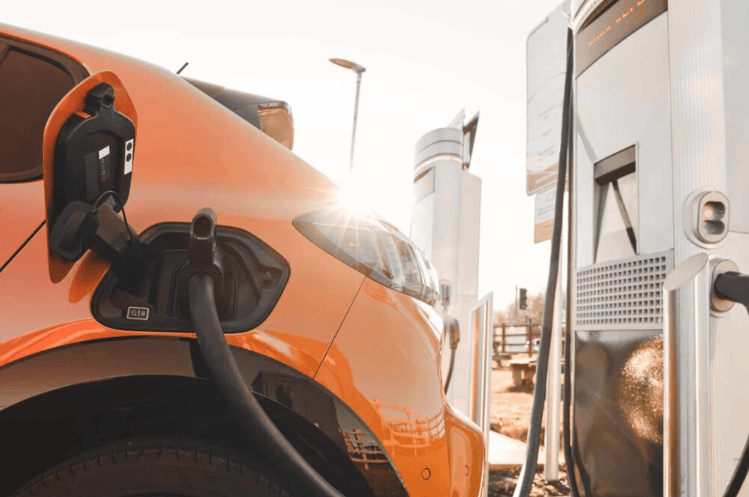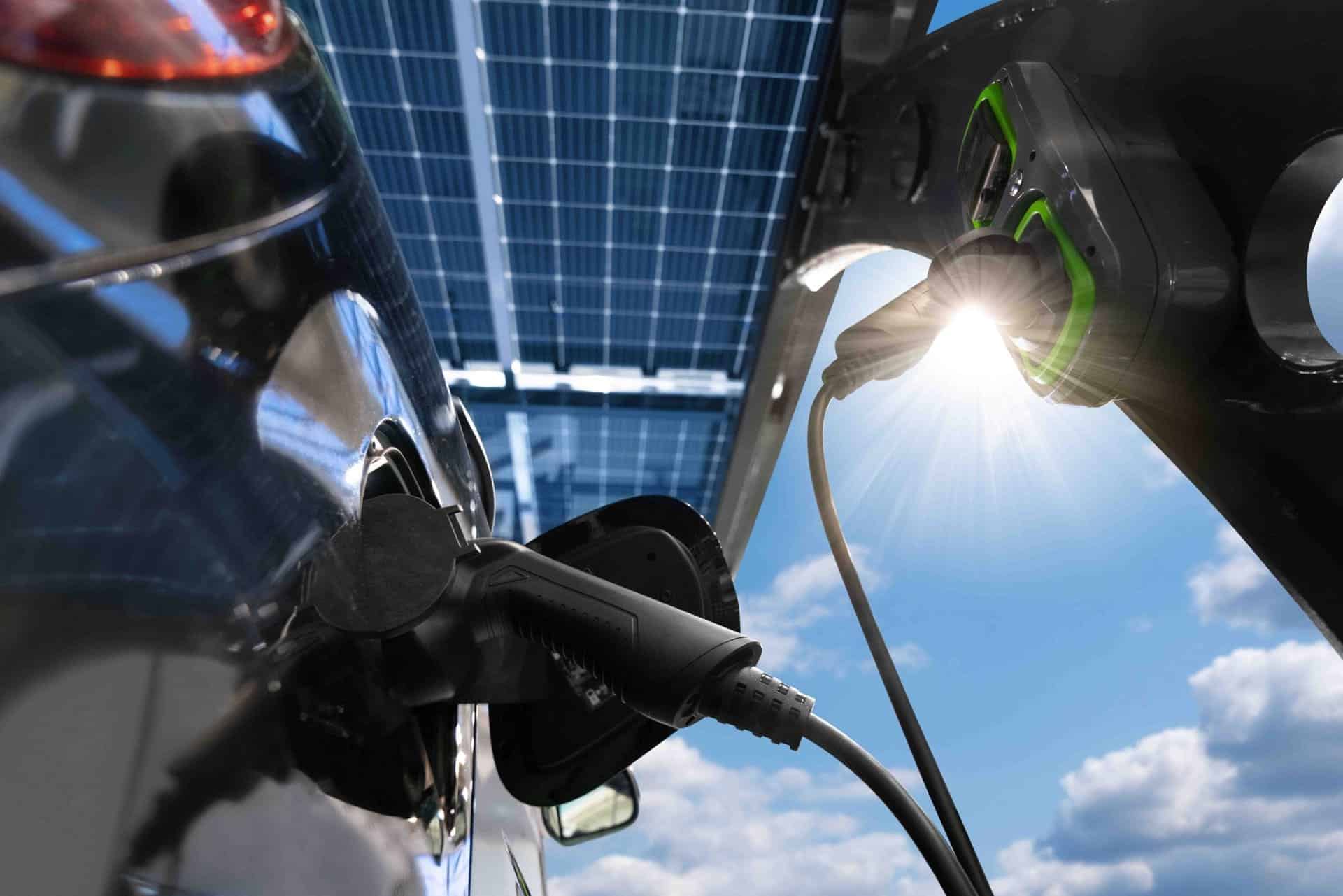The differences between AC and DC chargers
In a world where electric vehicles (EVs) are fast becoming the ride of choice for eco-conscious drivers, the conversation around EV charging technology is more relevant than ever. Since they impact the speed – and cost – of your charge sessions, it’s important to note the difference between AC (alternating current) and DC (direct current) chargers.
04 April 2024
At a glance
AC charging offers accessible, slower charging suited for daily use, converting AC to DC for EVs. DC charging provides faster charging, ideal for quick top-ups and long trips, though with more complex infrastructure and higher costs. E-Flux by Road streamlines EV charging for drivers with its comprehensive platform.
AC charging
AC charging is often seen as the more accessible, everyday option for EV charging, mainly because it’s the same type of current that powers your home appliances. EVs run on DC power, and, when you plug your EV into an AC source, the car’s onboard converter transforms AC into DC, allowing the battery to charge. This process means AC charging is generally slower, making it good for overnight charges at home or while parked at the office.
The average power output is between 3kW and 22kW, and charging time between 4 and 8 hours.
- Pros: Easy installation, widespread availability, more affordable charging, ideal for daily use.
- Cons: Slower charging times compared to DC options.
DC charging
DC charging, on the other hand, is the Usain Bolt of EV charging. It provides power directly in DC, bypassing the car’s onboard converter to charge the battery much faster. This makes DC chargers the best option for guest stops on highways and public charging stations, where getting back on the road quickly is the objective.
The average power output is between 20kW and 350kW, and charging time between 15 to 19 minutes.
- Pros: Lightning-fast charging speeds, best for quick top-ups and long-distance travel.
- Cons: More complex and expensive infrastructure, more expensive to charge, less commonly found than AC chargers.
FAQs
Can I use any EV charger for my vehicle?
Most EVs are compatible with the majority of public charging stations, but it’s always best to check your vehicle’s specifications and the charger’s compatibility.
How long does it take to charge an EV with AC and DC charging?
Charging times vary, based on your vehicle’s battery size and the charger’s output. AC charging can take anywhere from 4 to 12 hours for a full charge, while DC charging can provide up to 80% charge in just 20 to 30 minutes for most vehicles.
Is it bad to charge my EV every day?
Charging your EV daily is generally fine, especially if you’re using AC charging. It’s akin to keeping your mobile phone charged, ensuring you’re always ready to go.
How does E-Flux by Road make EV charging easier?
E-Flux by Road simplifies EV charging by providing a comprehensive platform that integrates with a wide network of charging stations, offering seamless payment options and real-time charging data to keep drivers informed and in control.

